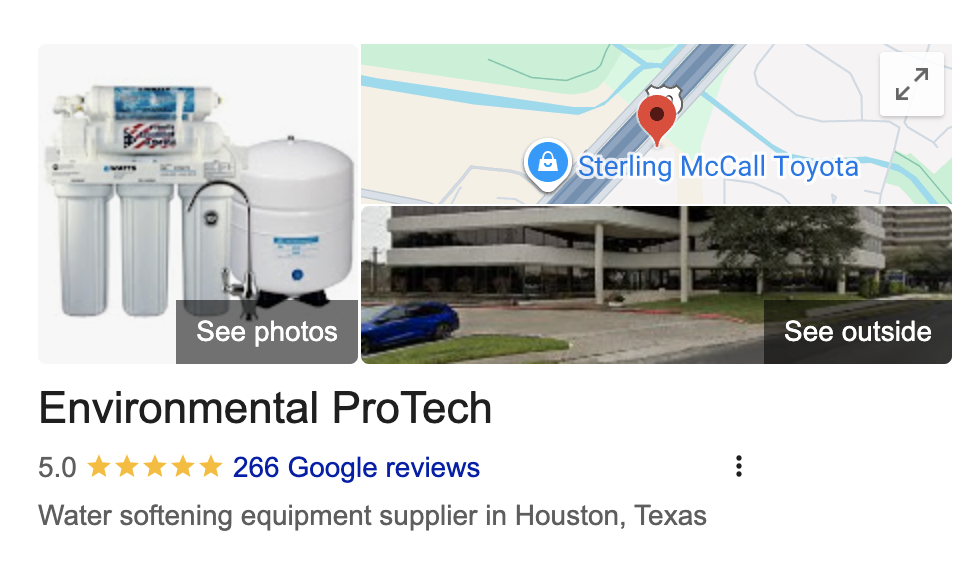What to do about Chloramines
If you’ve noticed that your water smells like a swimming pool, you’re not imagining it. Houston, like many U.S. cities, uses chloramines as part of the water treatment process. They’re meant to disinfect your drinking water and keep it safe as it travels through miles of pipes.
But what are chloramines really?
Are they safe?
Should you be concerned about long-term effects in your home?
How they impact your family’s health…
Let’s break it down.
What Are Chloramines?
Super straight forward, chloramines form when ammonia and chlorine combine at the water treatment plant. There are actually three types—monochloramine, dichloramine, and trichloramine—but monochloramine is the most common and the one used in drinking water.
Why cities use them:
Chloramines last longer in the distribution system than free chlorine.
They reduce the formation of disinfection byproducts (DBPs) compared to chlorine.
They help suppress bacterial regrowth in pipes.
That’s why cities like Houston use them.
The Problem with Chloramines
While chloramines serve a purpose, they also have significant impact on us, Houston water-users..
Weaker Disinfectant: They’re not as strong as chlorine, which means they’re less effective against some pathogens.
Taste & Odor Issues: Houston homeowners notice a chemical taste or pool-like smell.
Potential Health Concerns:
Can irritate eyes, nose, and skin.
Reports of asthma aggravation.
Harmful for dialysis patients, fish, and reptiles.
Byproducts: Chloramines produce fewer DBPs than chlorine, but they can form NDMA (nitrosodimethylamine), a compound considered a potent carcinogen.
Chloramines may solve one problem but they create new issues.
What Does This Mean for Your Home?
If your water contains chloramines, you may experience:
Dry, itchy skin or dull hair
Chemical smell or taste in drinking water
Faster wear-and-tear on plumbing and appliances
Sensitive pets or aquariums reacting poorly to tap water
This is why many Houston homeowners are choosing to filter their water before it reaches their faucets.
How to Remove Chloramines from Your Water
The most effective way to reduce chloramines is through carbon filtration. A professionally designed whole-home system or an under-sink filter can:
Remove chlorine and chloramines
Improve taste and odor
Protect plumbing and appliances from chemical wear
Provide safe water for sensitive uses (like aquariums or dialysis equipment)
Why Environmental ProTech
We’ve been treating Houston water for over 30 years, and chloramines are one of the top concerns we address. When you schedule your free water test, we’ll measure chlorine and chloramine levels, explain exactly how they affect your water, and design a custom system to protect your family.
We also have hundreds of raving google reviews from happy homeowners!
Plus we have over 30 years experience in bringing clean water to the Houston Homeowners. Our reviews speak for themselves! If you want clean drinking water from your faucet, contact us at 281-495-4420 to schedule your free water test today.
For an in depth outline of chloramines and potential effects, continue reading here: What you need to know about: CHLORAMINES

